Sustainable travel 101: what it is and why it matters
This page contains affiliate links. If you make a purchase through one of these links we make a small commission to help run this site, at no cost to you. Making a commission never affects the advice we give - see our content policy.
Ever booked a dream holiday only to realise the place was overcrowded, overpriced, or not as magical as the photos? Travel is incredible, but have you ever stopped to think about the impact our trips have on the places we love to go to?
Traditional tourism, while offering undeniable benefits, can sometimes leave a less-than-desirable footprint and negative impacts. That’s where sustainable travel comes in.
It’s not just a buzzword that’s cropped up in recent years; it’s a way of exploring the world that benefits both travellers and the destinations they visit. And, it doesn’t mean not enjoying yourself or limiting what you do.
What exactly is sustainable travel?
Imagine travel that leaves a positive mark, not just on yourself but on the places you explore.
That’s the essence of sustainable travel. It’s about minimising our negative environmental impact, respecting and supporting local communities, and contributing to the economic well-being of the destinations we visit.

Environmental sustainability
This is about protecting our planet. It means reducing our carbon footprint by choosing eco-friendly transportation like trains or buses over short-haul flights whenever possible.
It’s about respecting fragile ecosystems and natural areas by avoiding activities that could damage them, like stepping on coral reefs or disturbing wildlife habitats.
It’s also about minimising waste, for example by bringing your own reusable water bottle, saying “no” to single-use plastics, and being mindful of your energy consumption.
For example, instead of leaving the AC blasting in your hotel room while you’re out exploring, simply turn it off. Small changes add up!
Social sustainability
This focuses on respecting local cultures and traditions. It means learning a few basic phrases in the local language, dressing respectfully when visiting religious sites, and being mindful of cultural norms.
It’s about supporting local artisans by purchasing authentic handicrafts directly from them rather than buying mass-produced souvenirs.
Try engaging with local guides who can share their unique perspectives and insights, enriching your travel experience while providing them with a livelihood. For instance, when visiting a historical site, consider hiring a local guide rather than just wandering around with a guidebook.
Economic Sustainability
This is about ensuring that tourism benefits local communities. It means choosing locally owned accommodations, like guesthouses or homestays, instead of large international hotel chains.
It’s about dining at local restaurants, enjoying authentic cuisine and supporting family-run businesses.
Try choosing tour operators that employ local staff and contribute to community development projects. For example, if you’re interested in a cooking class, look for one taught by a local chef in their own home or a small, family-run cooking school.
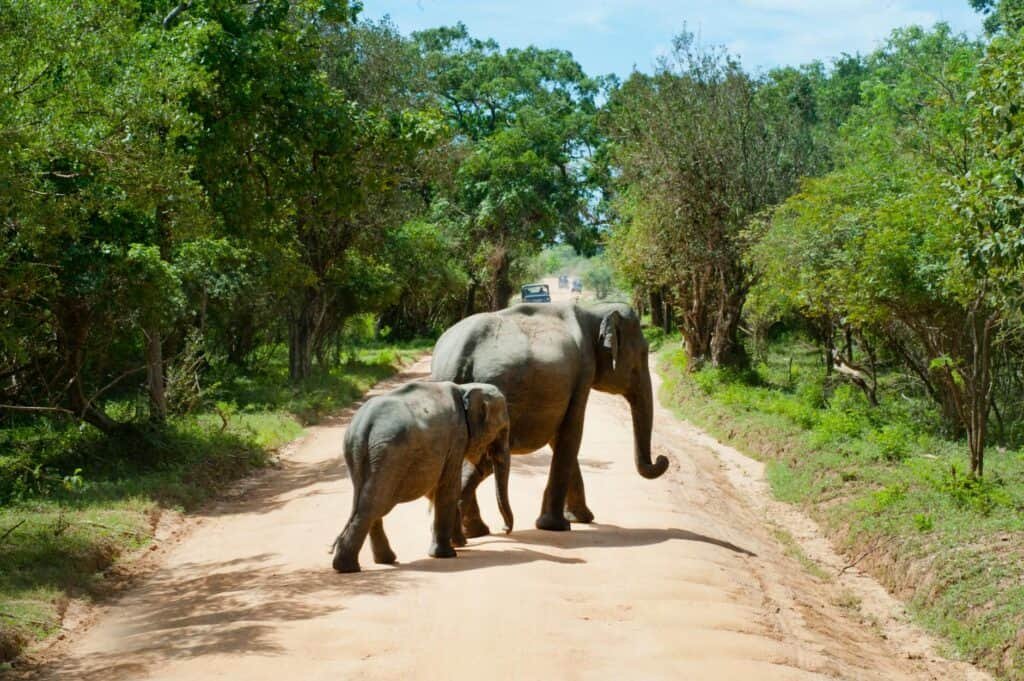
Why does sustainable travel actually matter?
Traditional tourism, while often enjoyable, can have unintended consequences.
❌ Overtourism: Ever been to Venice in peak season? The city receives over 20 million visitors a year, straining its fragile infrastructure.
❌ Environmental damage: Popular destinations like Maya Bay in Thailand had to close because mass tourism destroyed its coral reefs.
❌ Cultural erosion: In some places, local traditions are turned into staged performances just for tourists, losing their authenticity.
Sustainable travel offers a powerful alternative. It allows us to explore the world without harming it in the process. Here’s why it’s so important:
Protecting our planet
Sustainable travel helps preserve the natural wonders we travel to see. It supports conservation efforts, protects endangered species, and helps mitigate the effects of climate change.
By choosing a whale-watching tour that follows responsible guidelines, you’re contributing to the protection of these magnificent creatures.
Preserving cultures
Sustainable travel helps keep local traditions alive. By supporting local artisans and engaging with local communities, we’re helping to preserve cultural heritage for future generations.
Attending a traditional dance performance organised by a local community group, rather than a commercialised show, is a way to experience authentic culture and support the local economy.
Boosting local economies
Sustainable travel ensures that tourism dollars stay within the local community. By choosing locally owned businesses, we’re directly supporting families, creating jobs, and contributing to economic development.
Instead of buying souvenirs from a chain store, consider visiting a local market and purchasing handmade crafts directly from the artisans.
Enriching our own experiences
Sustainable travel often leads to more meaningful and authentic travel experiences. When we connect with local people, learn about their culture, and understand their challenges, we gain a deeper appreciation for the world around us. Staying in a homestay and sharing meals with a local family offers a much richer experience than staying in an anonymous hotel room.
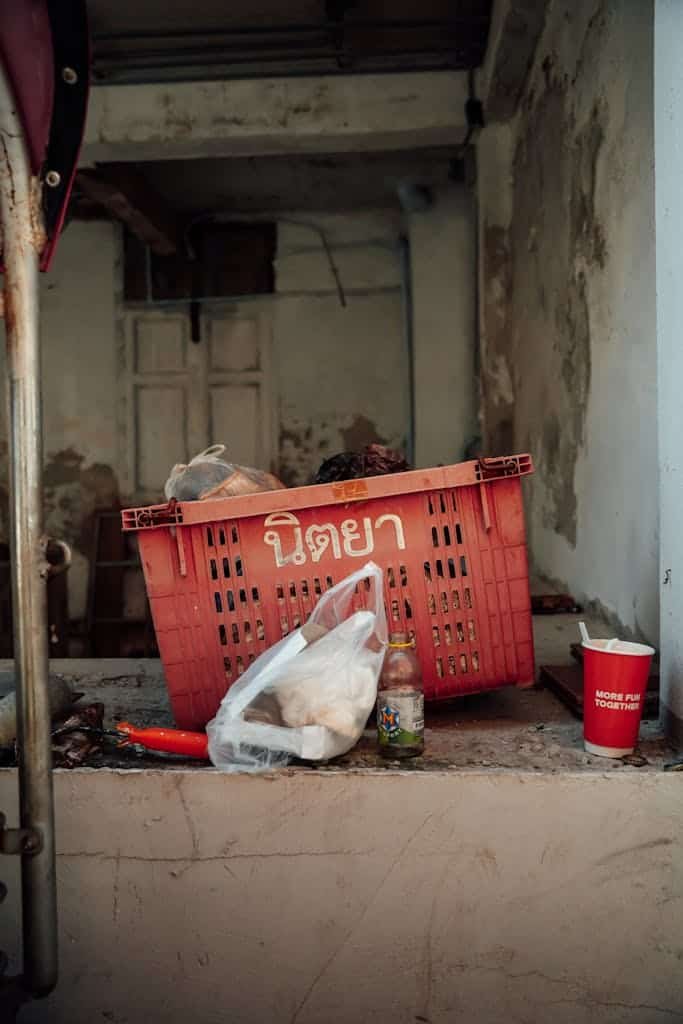
Busting some myths about sustainable travel
Let’s clear up some common misconceptions about sustainable travel:
🚫 “It’s too expensive.”
✅ Not necessarily! Sustainable travel can be budget-friendly. Think about traveling during the shoulder season or choosing guesthouses over luxury hotels. Many sustainable activities, like hiking in national parks, are actually quite affordable.
🚫 “It’s inconvenient.”
✅ While it might require a little more planning, sustainable travel isn’t about sacrificing convenience. It’s about making conscious choices. For example, packing a reusable water bottle and coffee cup is a simple way to reduce waste without sacrificing convenience.
🚫 “It means sacrificing comfort.”
✅ Absolutely not! Many eco-lodges and sustainable hotels offer luxurious amenities and exceptional service. Sustainable travel is about making responsible choices without compromising on comfort or enjoyment.
🚫 “My individual actions don’t make a difference.”
✅ Every small action counts. Collectively, our choices have a huge impact. If thousands of travellers choose to bring their own reusable water bottles, the reduction in plastic waste will be significant.
Almost 17,000 tonnes of plastic waste that’s generated by tourists in Thailand is not disposed of correctly, with a large proportion of this being water bottles. If just 10% of travellers had a reusable water bottle, it would save thousands of tonnes of plastic waste reaching our oceans each year.
Find out ways you can make travelling with kids more sustainable.
Getting started with sustainable travel: practical tips
So what are some simple steps you can take to be more sustainable?
Transportation
Opt for public transportation, trains, buses, walking or cycling whenever possible – there are many alternatives to fly you can take with a bit of planning. For example, we take the Eurostar from London to Europe when we can. It’s not always possible but when we do, we emit up to 90% less carbon than flying. There’s many benefits to slow travel, beyond environmental.
When you have to use air travel, consider taking direct flights and choosing airlines that are investing in sustainable aviation fuels. Many flight comparison sites also list the carbon emissions for your flight, helping you choose flights which emit less.
Accommodation
Look for eco-lodges, guesthouses, or homestays that are committed to sustainability and sustainable practices. Check their certifications and read reviews from other travellers.
Remember that in many countries anyone can call themselves ‘eco’ – so make sure you verify this through certification schemes like EarthCheck or Green Key.
Food
Support local farmers markets, eat at local restaurants, and try regional specialties.
We don’t eat at chain restaurants where possible, and try to find local businesses and restaurants a few streets away from the main tourist areas. We also say no plastic bags when purchasing take-away food or from shops.
Activities
Choose tour operators that prioritise responsible wildlife tourism and respect local communities. Avoid activities that exploit animals or damage the environment. Book direct, so they keep more of your money.
When we went to Thailand we were very careful about seeing elephants, researching ethical elephant sanctuaries (remember, anyone can call themselves a sanctuary). We were able to see them knowing our money was going towards their care, and not their exploitation.
Packing
Pack light and bring only essential items. Choose reusable containers, toiletries in sustainable packaging, and a reusable water bottle. Bring some reusable cotton or plastic bags. Use reef-safe sunscreen – standard sunscreens contain chemicals that damage marine life.
Respect local cultures
Learn about the local customs and traditions before you travel. Dress respectfully, be mindful of your behaviour, and engage with local communities in a respectful way.
For example, there are sensitivities around respecting Budha in Sri Lanka and Thailand – make sure you do some quick research before you go.
Offset Your Carbon Footprint
Consider offsetting the carbon emissions from your flights by donating to reputable carbon offsetting projects. Do your research to ensure the project you choose is legitimate and effective, or through the airline when you book.
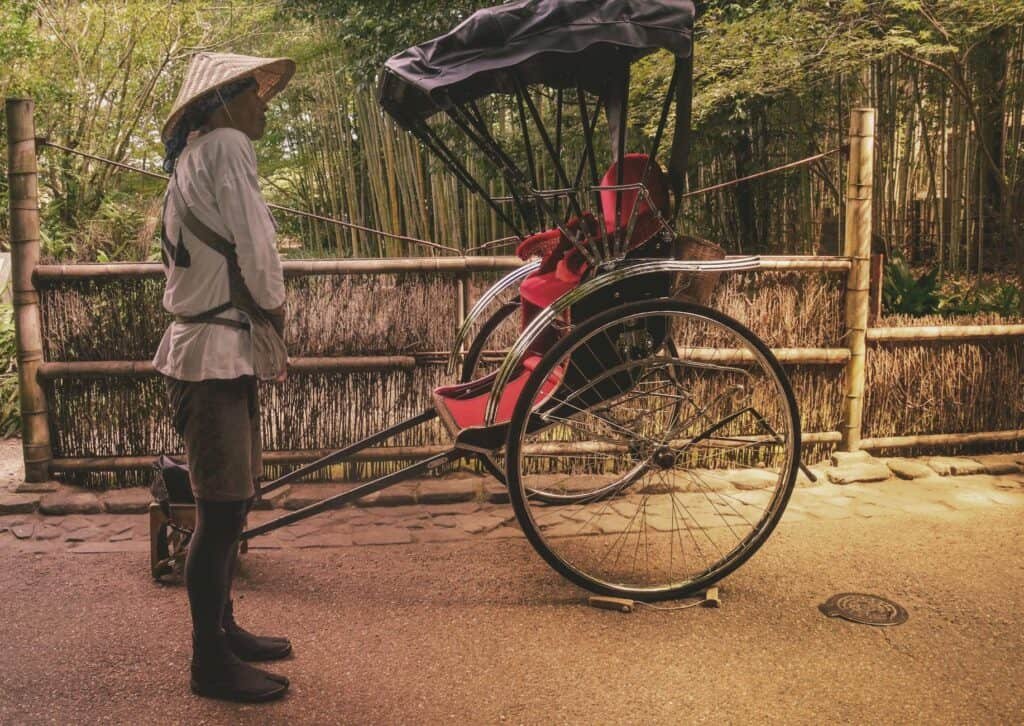
So, why not try and travel a bit more sustainably on your next trip?
Sustainable travel isn’t just a trend; it’s the future of the travel industry.
It’s about exploring the world in a way that benefits both travellers and the destinations they visit.
By making conscious choices, we can all contribute to a more sustainable and responsible tourism industry. And it doesn’t mean you have to do everything we’ve suggested on your next trip – try making one or two positive changes each time you go away.
So, pack your bags, grab your reusable water bottle, and get ready to embark on a journey that’s not only unforgettable but also makes a positive impact.
🌍 What’s one sustainable swap you’ll try on your next trip? Drop it in the comments!
A small favour: we're trying to gather some feedback to help make our blog even better
If you have any feedback on how we can improve, please add it below. Big or small, we'd love to hear.

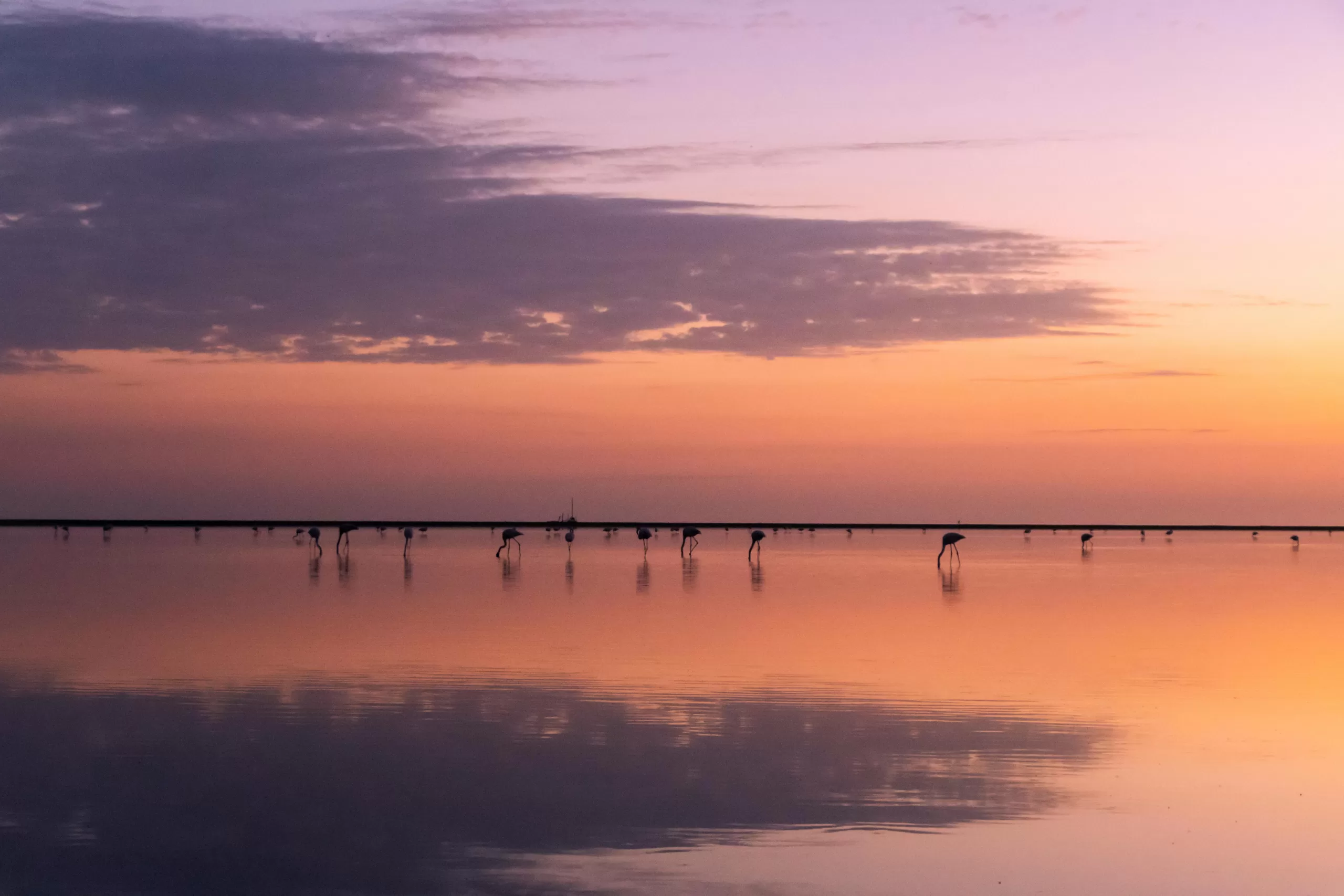
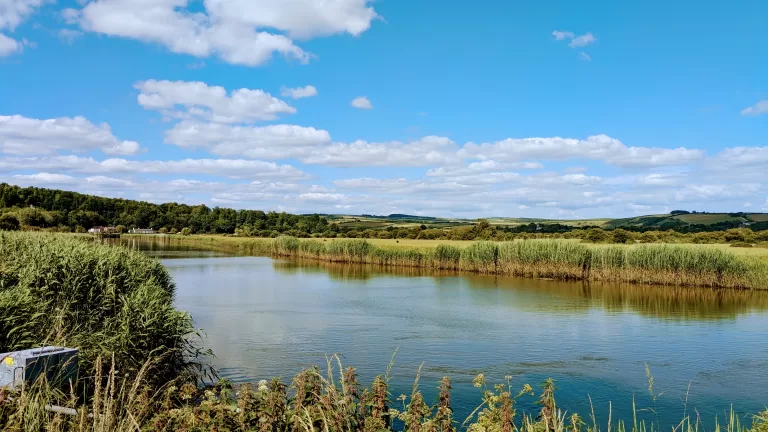

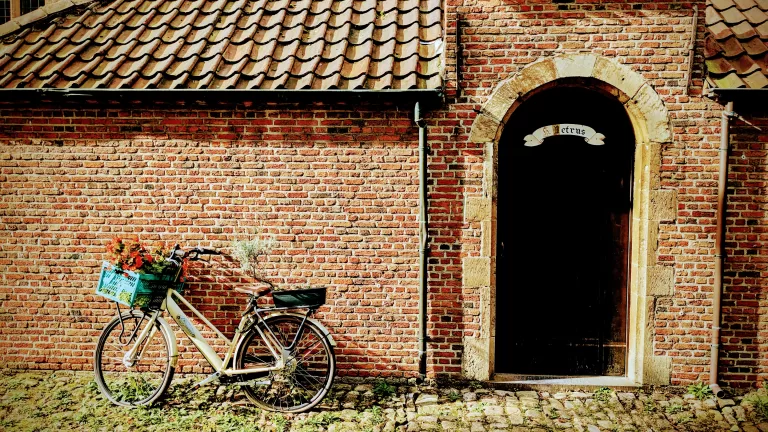
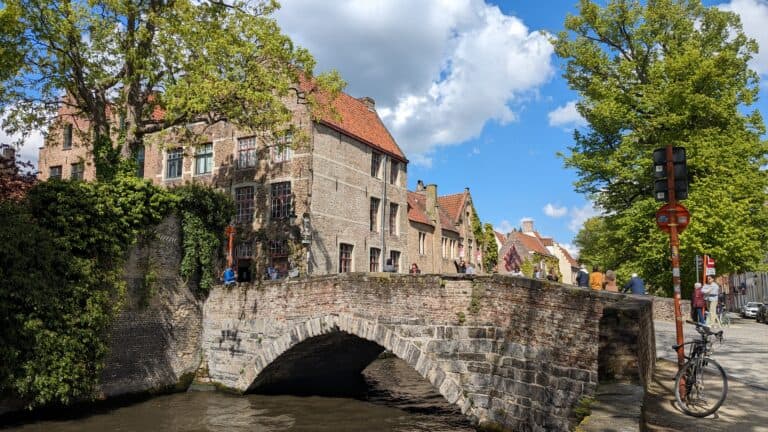
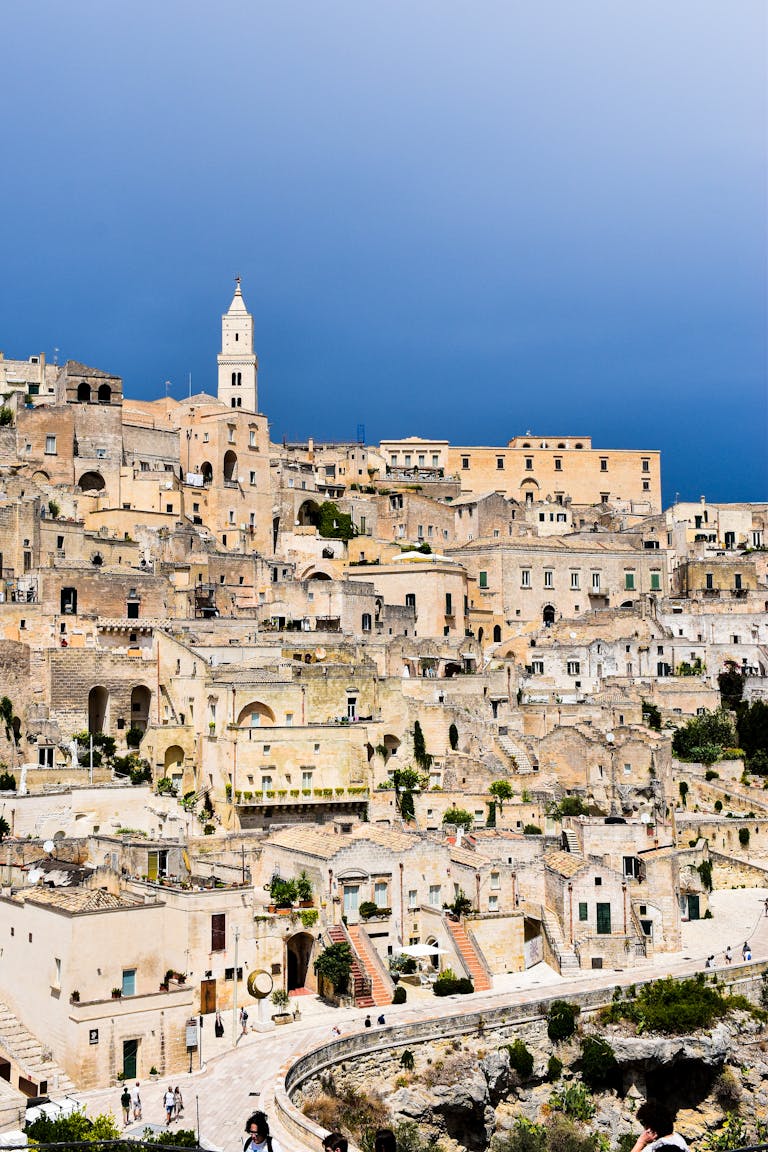

Great advice! I love visiting local restaurants and markets. Public transportation intimidates me, but I do try to use it – and knowing it’s a more sustainable option will give me even more reason to do so.
I love this thorough explanation of the value and importance if sustainable travel with truly practical and relevant advice.
I’m so happy to read about sustainable travel, as I don’t feel like we read much about it these days (or maybe that’s just me). Definitely my way of traveling, I just wish more people would pay attention to the impact they’re having on our world. Thanks for sharing!
Thank you for sharing these tips! I think it’s important to make changes to offset our carbon footprint and protect Mother Earth.
That’s good advice. I went to Scotland in the fall to avoid the crowds. In some places, I was the only person visiting! I stayed on a local farm that focuses on sustainability. It was so much nicer than a fancy hotel.
We actually employ the “Leave no trace” mentality in our travels. Specifically our wilderness excursions. I completely understand your message here!
I had no idea what “sustainable travel” was before reading this. Now I’m inspired to adopt a ‘leave no trace’ attitude when we travel. Making changes to offset our carbon footprint on earth is so very important!